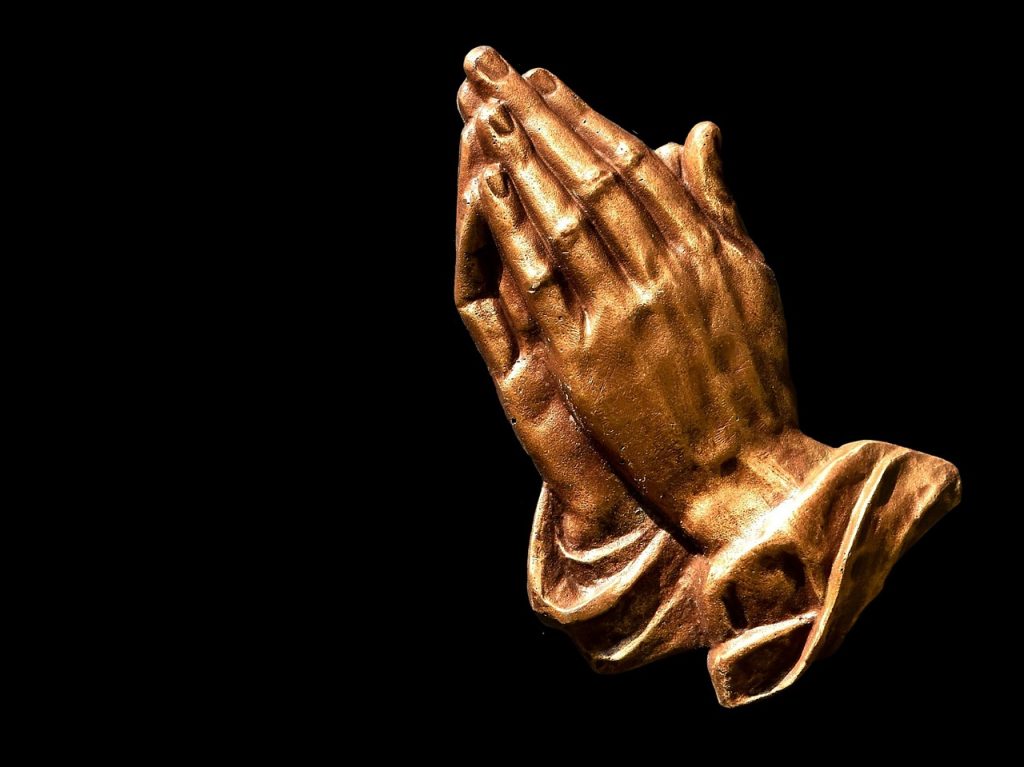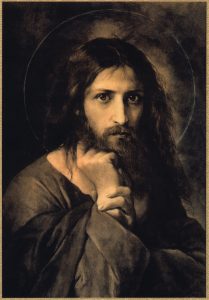 (Read St. Luke 11:1-4)
(Read St. Luke 11:1-4)
In this passage we see the disciples not asking for power, wisdom, or signs, but for instruction in prayer. Having witnessed the Lord at prayer, they long to share in that same communion. Their request, “Lord, teach us to pray,” expresses the deepest yearning of the human heart — to speak rightly with God. Christ responds with the words that have become the very breath of the Church, “Our Father who art in heaven.”
The prayer begins not with the self, but with God. It lifts the soul above its private concerns into the reality of divine sonship. To call God “Father” is an act of grace; it acknowledges that we are not strangers or slaves, but His children, adopted through love. To hallow His Name is to desire that all creation glorify Him, and to pray for His Kingdom is to long for His reign to be fully revealed both in the world and within the heart.
“Give us day by day our daily bread” is about dependence—not only for bodily sustenance, but for the Bread of Life Himself, Christ Jesus our Lord, whom we receive in the Holy Mysteries. Each day the soul must be nourished anew, lest faith grow faint and love cold. The petition for forgiveness then binds heaven to earth, for we cannot seek mercy while withholding it from others. The Christian life is sustained by the continual rhythm of receiving grace and extending grace in turn.
The prayer concludes with humility — a plea for deliverance. We ask not for exemption from trial, but for protection from the evil one who distorts it. In these few verses, Christ gives His disciples, and through them the whole Church, a complete way of life— adoration, trust, repentance, and surrender. To pray the Lord’s Prayer (sometimes called the “Our Father”) is to enter into His own relationship with the Father, where every word is both a revelation and an invitation to share in divine life.
May God bless you +
Fr. Charles
8 October 2025

Comments are closed.